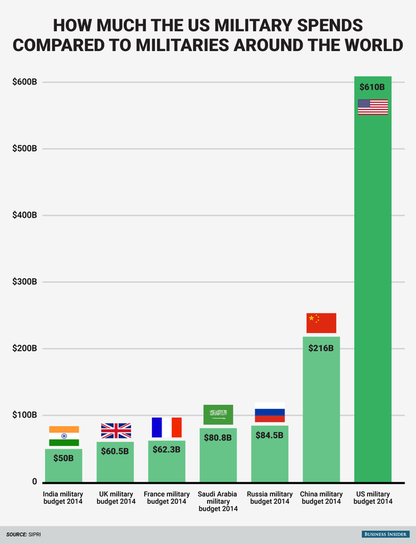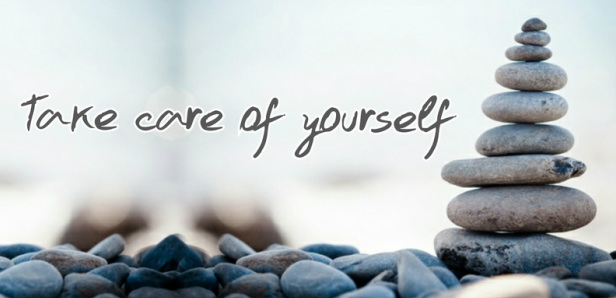
The Hebraic widows were Jewish women who had grown up in Israel and spoke Aramaic like the majority of the people in Jerusalem. They were ethnic insiders, culturally locals. The Grecian widows (or Hellenists, depending on your Bible translation) were Jews whose ancestors had been impacted by Greek culture through the influence of Alexander the Great and the Jewish diaspora. Even though they were living in the same city and worshiping the same God, they were outsiders in Jerusalem, and outsiders in the church.
This may be the very first appearance of multiplicity in the long history of Christianity. According to theologian Patrick Cheng, “multiplicity refers to a state of having multiple co-existing and overlapping identities, as opposed to a singular dominant identity.”[1] While both Hebraic and Hellenist widows were marginalized by society, the Hellenist widows had a second strike against them—they were culturally “not Jewish enough.” This multiplicity in their identity led to them being excluded even though they were part of a marginalized group (widows in need) that the church had intentionally tried to embrace.
The wisdom of the twelve apostles prevailed somewhat in Acts chapter 6, and a diverse group of men (wait, no women? #stillaproblem) were appointed to ensure that all widows were included in the distribution of food. But this story illustrates the complex nature of marginalization, and in particular, the need to recognize multiplicity in our efforts to follow the teachings of Jesus.
Some may object here, pointing out that we all experience multiplicity to some extent. For example, I am male, but that is not my singular identity. I am also cisgender, straight, white, American, educated, and so on. However, in my case, most aspects of my identity contribute to a sense of power, control, and privilege in my society. It is rare for me to be in a situation where I experience any of these aspects of my identity as a disadvantage, or where I feel threatened, left out, or overlooked because of them. Multiplicity as Cheng defines it refers to a combination of identities that push one further from the center, isolating them from others who share only singular aspects of their identity. The multiple aspects of my identity work together in most situations to create a favorable atmosphere for me, but as a gay Asian Christian, Cheng is often marginalized by other gay men for being Asian, and is ostracized by other Asians and Christians for being gay. If he was merely gay, Asian, or Christian, he would experience more singularity instead of multiplicity and would likely find more people willing to accept him, much like the Hebraic widows, who though still categorically “other” (widows), were brought to the center of the community and cared for, while the Greek-speaking widows remained at the margins.
Rainbow Theology: A Solution for the Church
Cheng’s experience as a gay Christian of color leads him to propose a “rainbow theology” that can radically disrupt the monochromatic theologies that currently hold sway in the church. This rainbow theology consists of three themes—multiplicity (which we have already introduced), middle spaces and mediation. These he contrasts with the three themes of monochromatic theology: singularity, staying home, and selecting sides. He explains these contrasting themes in the following way:
Monochromatic theologies focus primarily on liberation from a singular oppression, as opposed to challenging the interplay of multiple oppressions. Monochromatic theologies also assume that there is a single, metaphorical “home” that consists of others who experience this singular oppression. Finally, monochromatic theologies urge those who are oppressed by this singular oppression to “choose” the side of the oppressed as opposed to the oppressors).[2]
In Acts 6, church leadership initially took a monochromatic approach. They recognized that there were people in need in their community, and believed that “widowhood” was the singular cause of marginalization and oppression (to be a widow in the Ancient Near East was to be defenseless in society, with few protections, and few means of gaining livelihood). They therefore grouped all widows into a single category and began providing food and assistance. But monochromatic solutions are never sufficient for everyone, as this church discovered. Marginalization is complex, and requires complex solutions. It must have been tempting to simply shift the focus of their monochromatic solutions from widows, to Hellenist widows, but taking sides like this would have created even more problems. Marginalization cannot be solved by simply elevating the most marginalized above the rest. This simply moves the vicious cycle of discrimination to a new location. Instead, the church recognized that the Hellenic widows existed in a middle space, what Cheng defines as “a state of being perpetually suspended in a third space between two poles,”[3] and began their transition to rainbow theology through the theme of mediation. They did this by appointing a new group of leaders that not only included both Hellenized and Hebraic Jews, it also included at least one member who wasn’t Jewish at all, thus ensuring a “common ground upon which both sides can co-exist.”[4]
Conclusion
Rainbow theology is rooted in the practices of the earliest church, and offers a way for the people of God to listen more, and assume less about the people we try to help and the problems we try to fix. It is a framework that could only have come from those on the margins who experience multiplicity, live in the middle places, and are experienced mediators. Finally, rainbow theology is a reminder that the church as a whole needs the voice of all those on the margins if it is to continue being the body of Christ. In the words of Brother David Steindl-Rast, “Only when our sense of belonging is all-embracing can we speak of love, the lived ‘yes’ to mutual belonging.”[5]
[1] Patrick S. Cheng, Rainbow Theology (New York: Seabury Books), 89.
[2] Cheng, xviii
[3] Cheng, 91.
[4] Cheng, 91.
[5] David Steindl-Rast, i am through you so i, 33




 RSS Feed
RSS Feed
